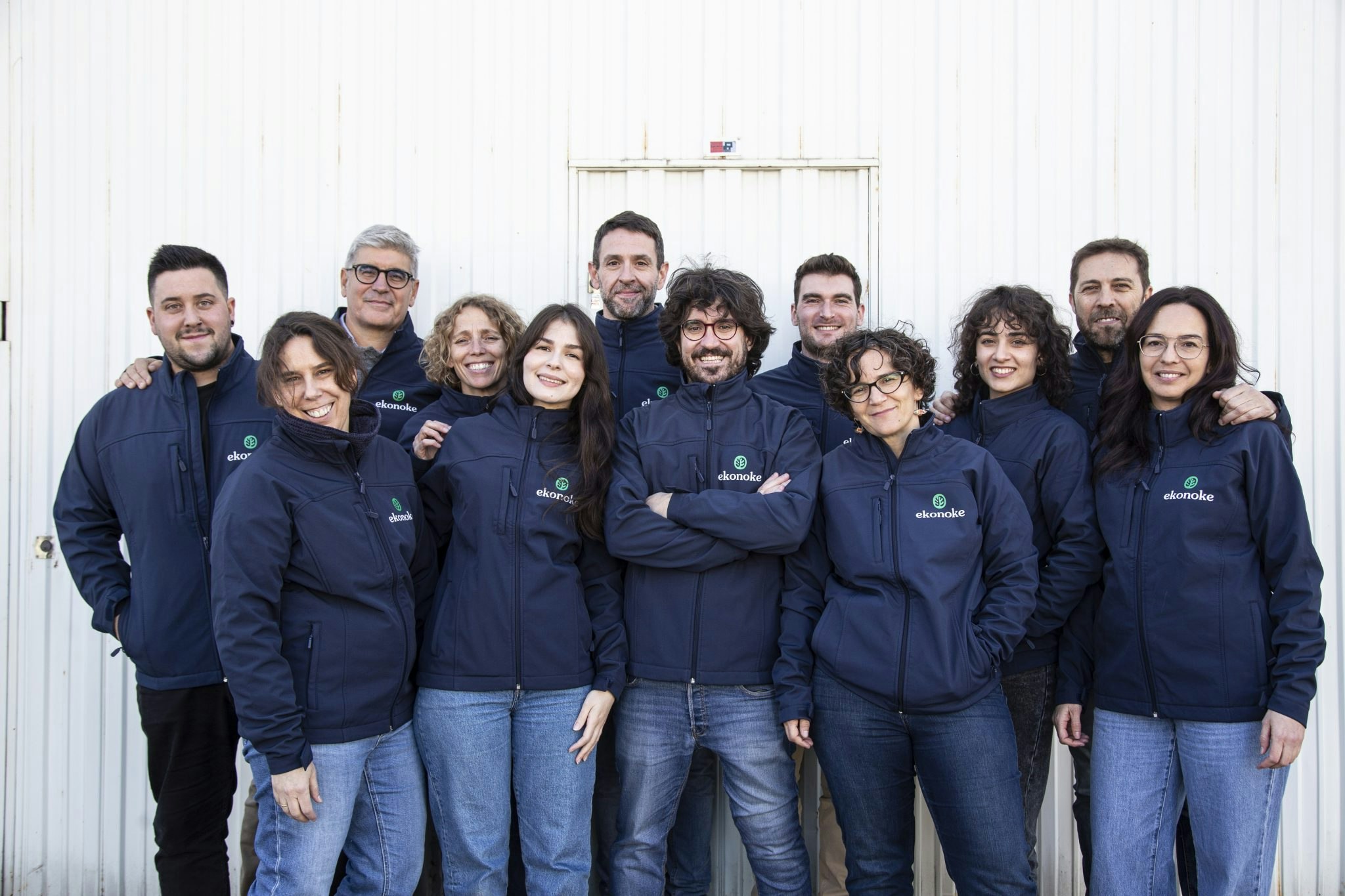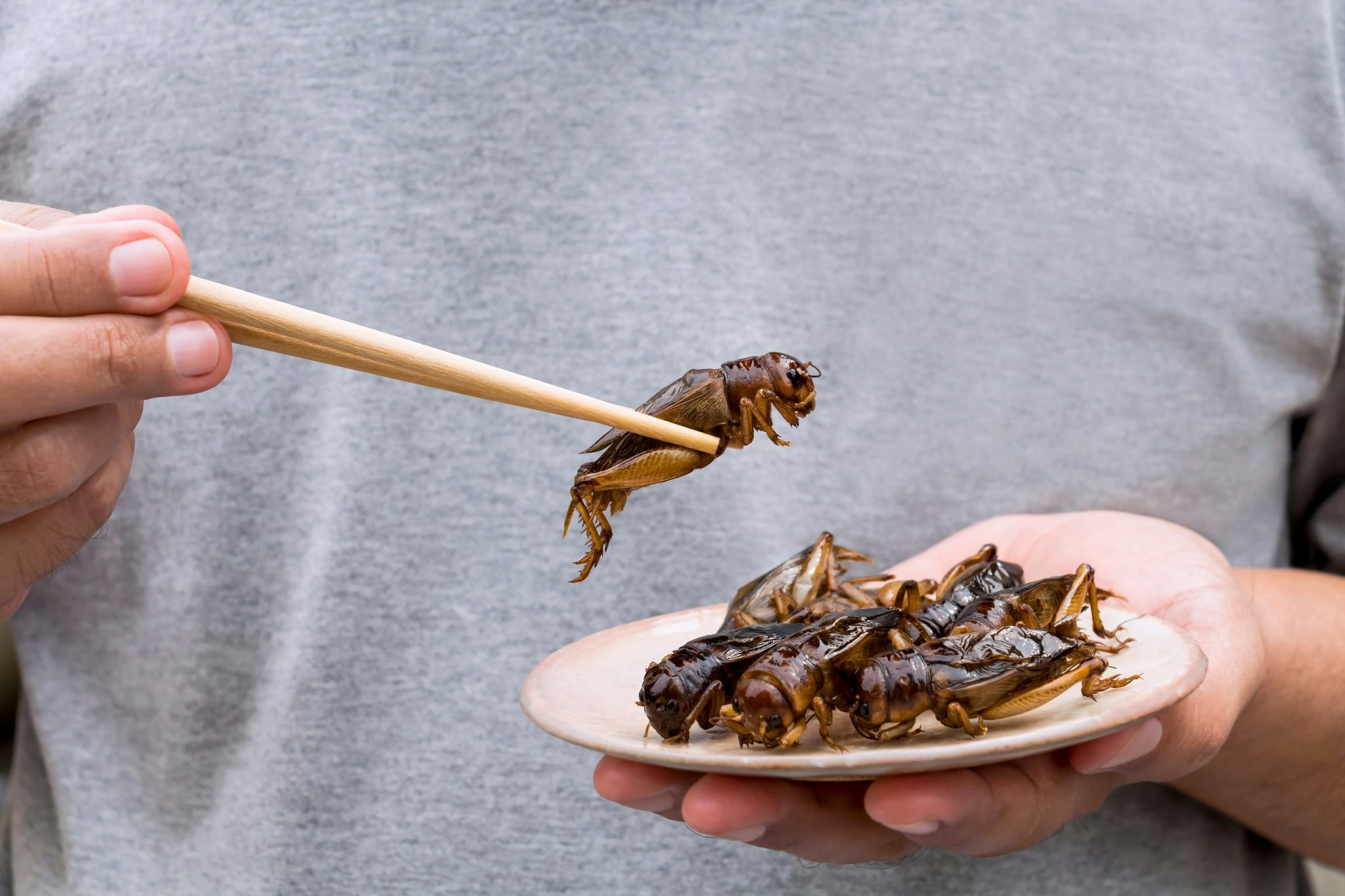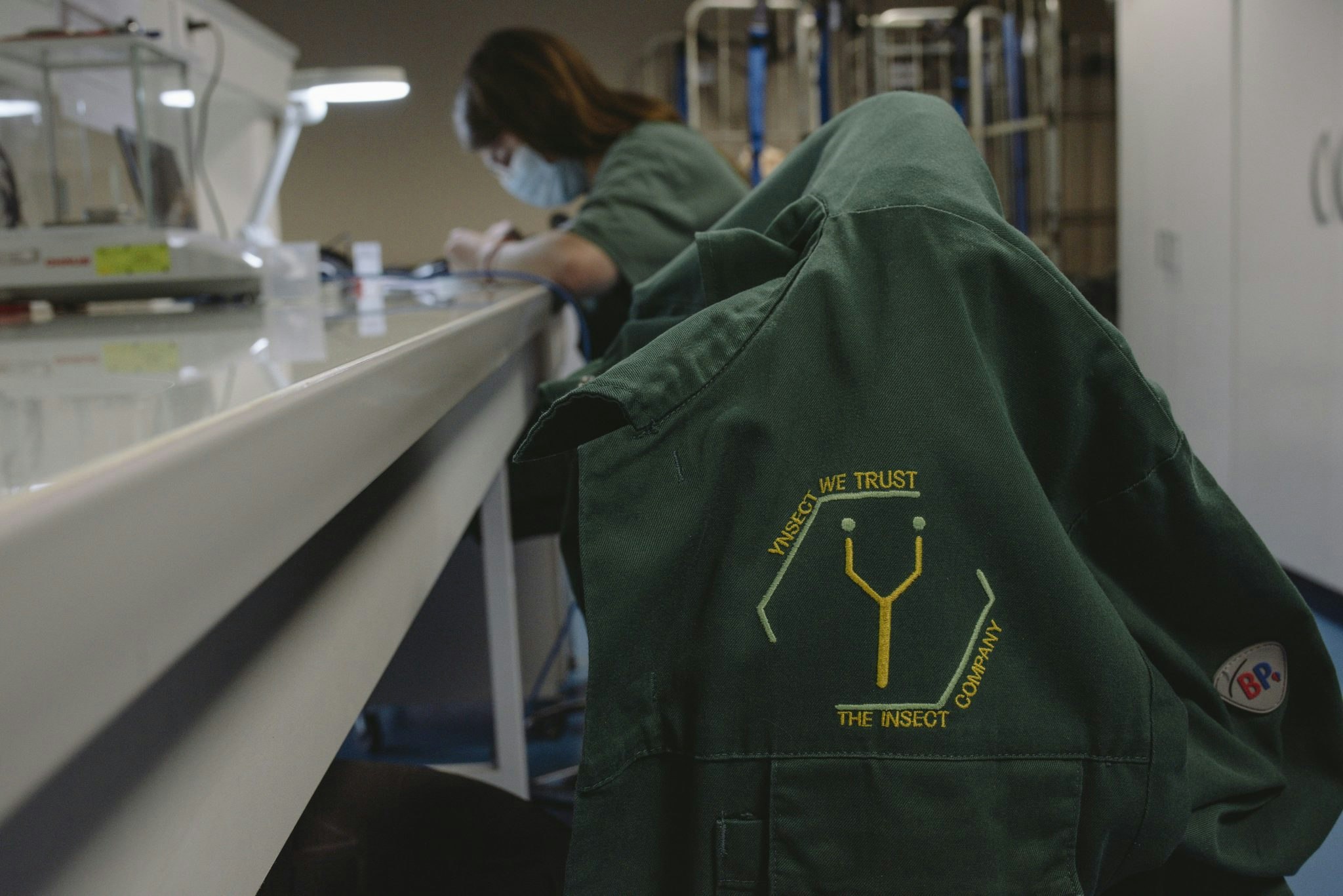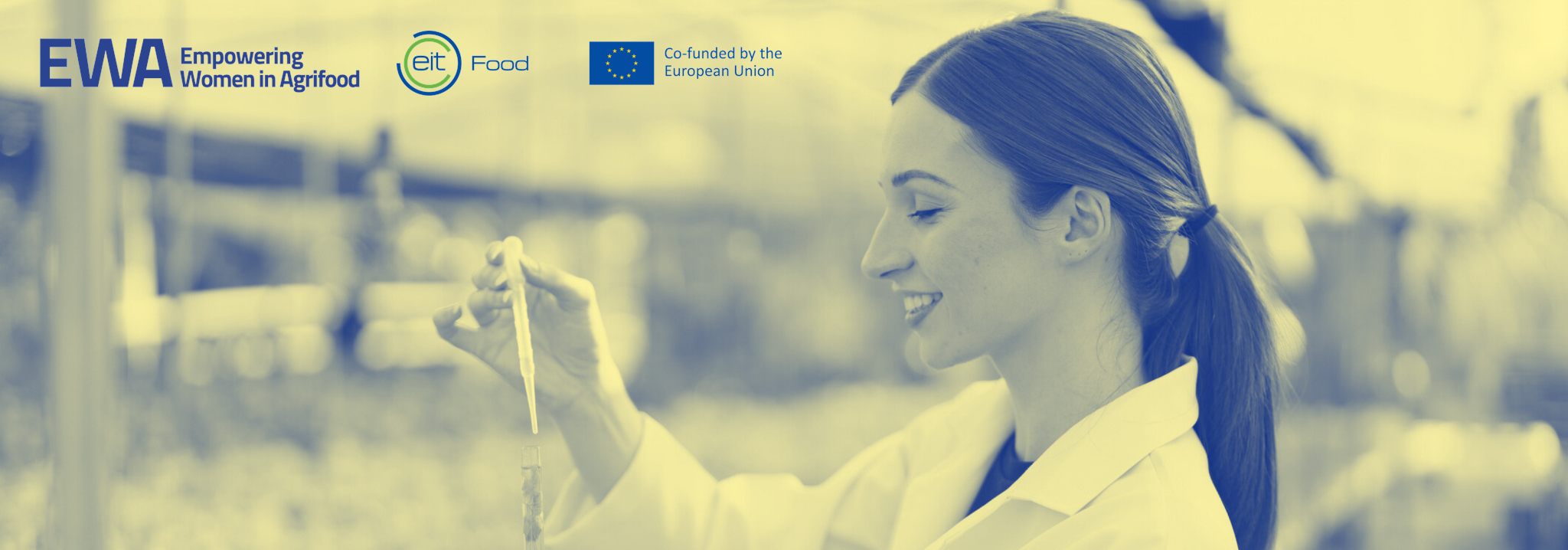Stretching at almost 10 metres high, Spanish startup Ekonoke’s hydroponically grown, indoor hop plants are flowering under multicolour LED lights — and the company says these vegetable cathedrals will shield beer from the impacts of climate change.
They could also upend one of the recent stories swirling around startup land: that vertical and indoor farming companies are just another nice idea that had VCs swooning, before buckling under the gravity of tough unit economics and thin margins.
The best-known European example is Berlin-founded Infarm, which raised $500m before being declared insolvent in Germany in 2023, and at least 15 other startups in the space have gone bankrupt on the continent since 2020.
Many of these companies struggled due to the poor returns they could make from selling simple greens like salad leaves — one of the easier crops to grow indoors — to supermarkets, but Ekonoke says that its focus on hops could help it win where others have lost.
Saving our beer
Hops are a key ingredient in beer making, combining bitterness and complex aromas. But the plants are very demanding when it comes to growing conditions — they require an abundance of water, fresh temperatures and good light levels, and are only happy within certain latitudes (42 and 45 degrees).
A quick look at the world’s map shows there isn’t much land within that range in the southern hemisphere, whereas in the northern hemisphere, the US and Germany account for 80% of the world’s production. In Spain, hops are mostly produced in one northern region, Castilla y León, where farmers are struggling with a multi-year drought.
Startups such as New York-based AeroFarms, which went bankrupt in December, tried to grow hops with indoor vertical farming methods but abandoned the idea. Other companies in Finland and Denmark failed in their attempts, but Ekonoke believes it can crack the formula of getting the plants to grow healthily indoors.
“The difficulty was to obtain returns comparable to those in the countryside,” CEO and cofounder Inés Sagrario tells Sifted during a visit to Ekonoke’s R&D facility in Alcobendas, northern Madrid. “Others have tried but haven’t succeeded. Perhaps because of a lack of focus — at one point we dropped all of what we were doing before and concentrated on hops full-time.”
Long-term partnerships
Ekonoke believes it has an edge over the companies growing salad leaves that have come and gone before it. This is because of the advantages of selling an in-demand crop which is getting harder to produce due to climate change. According to the company, extreme weather events linked to climate change are reducing the productivity per hectare of hops outdoors by up to 30%.
Its business model relies on entering 20-year contracts with beermakers, which involve setting up a hop-growing facility right next to their breweries.
All of Ekonoke’s production is being sold to Corporación Hijos de Rivera, the manufacturers of the Estrella Galicia beer — which already sells IPA and amber lager beers made with the startup’s hops.
Hijos de Rivera led a €4.2m investment round into Ekonoke in 2022, which also included Leanox Impact Ventures, a German impact investment fund, and Alazady España, the family office of Spanish businessman José María Castellano, former CEO of the Inditex Group.
Ekonoke built a 1,200 square-metre pilot production facility next to Estrella Galicia’s plant in Spain’s northwestern province of Lugo, on land rented to them by Hijos de Rivera. Being much bigger companies, the brewers can negotiate better deals for construction materials and energy supply, considerably reducing the startup’s costs. Other startups have struggled due to the high energy bills that come from growing indoors.
The proximity to the brewery also allows Ekonoke to reduce its CO₂ footprint by cutting down on transport, as well as reusing packaging materials.
Sagrario believes these long-term partnerships are one of the main reasons why Ekonoke can succeed where many other indoor farming startups have not. It could also give the startup an edge over some traditional growers which have begun developing some of their plants indoors, such as the Welsh company Dark Farm.
Since its launch, Ekonoke has raised $5.1m, including a €300k loan from the Spanish innovation agency Enisa. It plans to raise additional funding in early 2026 to scale up commercially with a 10k square-metre facility where the startup wants to implement machine learning to further optimise its indoor growing tech.

Securing supply
“What the breweries are looking for is guaranteeing the supply of hops, in terms of quantity and quality, which nowadays they do not have with outdoor production,” says Sagrario. “2022 was disastrous — German producers obtained about 28% less in productivity per hectare and 40% less in quality.”
When grown outside, there’s only one hop harvest per year. The cycle begins between March and April and finishes around August or September in the northern hemisphere. Ekonoke has managed to reduce this cycle to 12-14 weeks, allowing for multiple harvests per year and removing the weather uncertainty from the equation.
Each plant grown outdoors requires between 1,500 and 1,700 litres of water in their entire cycle, but those cultivated in Ekonoke’s facilities grow on just 160-180 litres per plant and cycle, says Antonio Rojas, cofounder and head of R&D. The startup has designed a circular watering system that recycles water that the plant hasn't absorbed. Its facility can also reuse the humidity produced by plants in their breathing.
In the middle term, Ekonoke also aims to reuse the wastewater that is a byproduct of the beer-making process, with the goal of not having to open the taps at all for growing the plants, says Ana Sáez, cofounder and head of operations at Ekonoke.
All the energy used in the process is solar, and the startup is working towards energy self-sufficiency, she adds.
R&D challenge
Sáez says the team, which had been experimenting with growing microgreens and lettuce indoors, decided to shift towards crops endangered by climate change.
They soon realised that their plant knowledge would not be enough to grow hops inside — they had to come up with an entire set of infrastructure adaptations to create the right indoor habitat for such a picky species.
One of the biggest challenges was the height of the plant, which can reach 10 metres and grow up to 20cm per day, “almost like Jack and the Beanstalk’s speeds,” Sáez says, meaning the company had to rent facilities with high ceilings.
The growing lights also needed to be redesigned — the result is now one of Ekonoke’s better-guarded secrets — and a great deal of time was spent on testing which nutritive formula the hops needed to grow healthy inside, without pesticides, herbicides or fungicides.
Hops grown outside are heavily sprayed as mildew — a form of fungus — can destroy an entire field in just two weeks.
“We didn’t have any references, we had to invent everything as we went,” says Sáez.
Ekonoke is preparing to open a bigger R&D facility in Tres Cantos, a deeptech hub in northern Madrid, where it will be able to experiment with multiple varieties of hops simultaneously without cross-contamination.
That would help them advance their work adapting aromatic hop varieties, which have been key to flavour improvement of non-alcoholic beers in recent years. They are more vulnerable to drought, however, and are among the most difficult strains of plant to hybrid.
Tuning the flavour
Once they managed to grow the plant indoors, the team’s attention shifted towards ensuring the quality and flavour of the hops were equal to those grown in the fields.
Last year, Ekonoke took part in an accelerator programme run by Anheuser-Busch InBec, commonly known as AB InBev, the world’s largest brewer. The company made beer with Ekonoke’s hops and with traditional hops from the US, reporting no differences in flavour in a blind taste.
A large Japanese beer company, which Sáez says is known in the industry for being the strictest when it comes to properties of the hops it uses, concluded Ekonoke’s crop was equal to those grown outdoors.
Ekonoke is also exploring new products. It has begun a project with the Public University of Navarra and a research institute to investigate ways of using its vegetable waste beyond composting it. Of the 8-9kgs that each hops plant weighs, just 3.5kg are flowers. The remainder, made up of leaves and branches, could be used to produce hydrolates, a source of essential oils used in the cosmetic industry.
“We’ve been very surprised by how fast we’ve been able to reach agreements with big brewing companies,” Sagrario says. “Everybody is interested in getting access to hops grown in controlled environments and resilient to climate change.”



